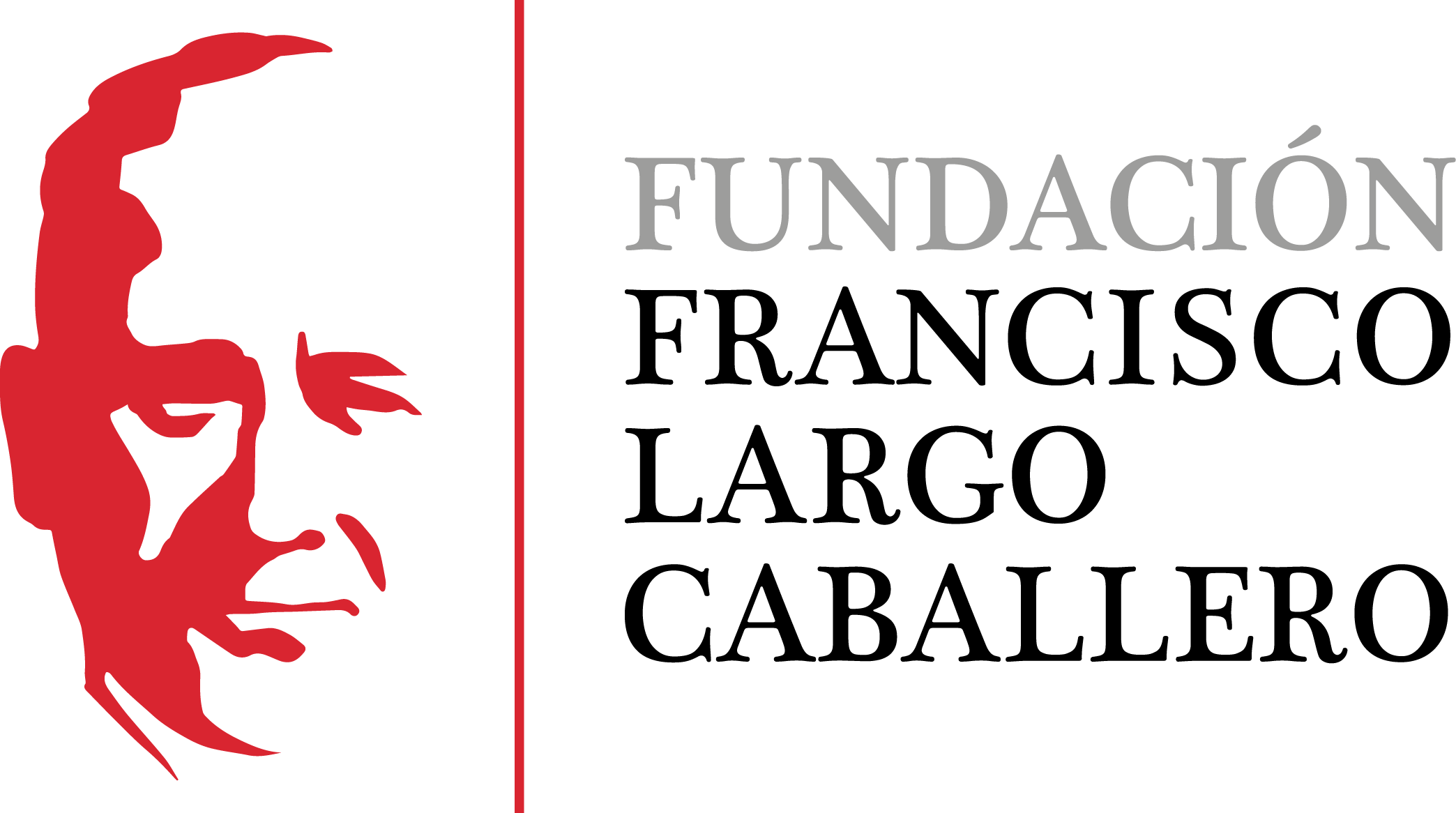Militancy in Transition’s political culture
The case of UCD
DOI:
https://doi.org/10.69791/rahc.136Keywords:
Transition, democratization, political culture, political party, UCDAbstract
This paper suggests revising the process followed on the Spanish Transition to build a democratic citizenship and new participative habits since the organization of a political party. Some values of that kind of citizenship were achieved, but it was obtained a democracy that doesn’t give priority to the most active and participative way and so it may affect the hegemonic version of the Transition. This proposal will focus in an important part of the civil society that it will act with different intensity on the building of a political project that finally becomes a political party. A party, the Unión de Centro Democrático, which changed from a vague chance into a firm reality and key element during the first stage of the Transition. It supposed the building of an elitist political culture model, a kind of less participative citizenship, fundamental to understand the strengths and weaknesses of a model of democracy controlled by a bureaucratic and hierarchical party that suggested the reformist moderation as a channel to modernization.
Downloads
Global Statistics ℹ️
|
109
Views
|
29
Downloads
|
|
138
Total
|
|
Downloads
Published
How to Cite
Issue
Section
License
Copyright (c) 2013 Manuel Ortiz Heras

This work is licensed under a Creative Commons Attribution 4.0 International License.
Alcores is an open-access journal. It provides unrestricted access to its content from the moment of publication. We respect intellectual property rights, and for this reason, the author retains the copyright. All content is distributed under a Creative Commons Attribution 4.0 International (CC BY 4.0) license. The terms of the license can be consulted at: https://creativecommons.org/licenses/by/4.0/
This license allows sharing (copying and redistributing the material in any medium or format) and adapting (remixing, transforming, and building upon the material for any purpose), provided that authorship and first publication in this journal are properly credited, a link to the license is included, and any changes made are indicated.
This type of license facilitates the freedom of reuse and ensures that the content of this journal can be used to meet research needs.









